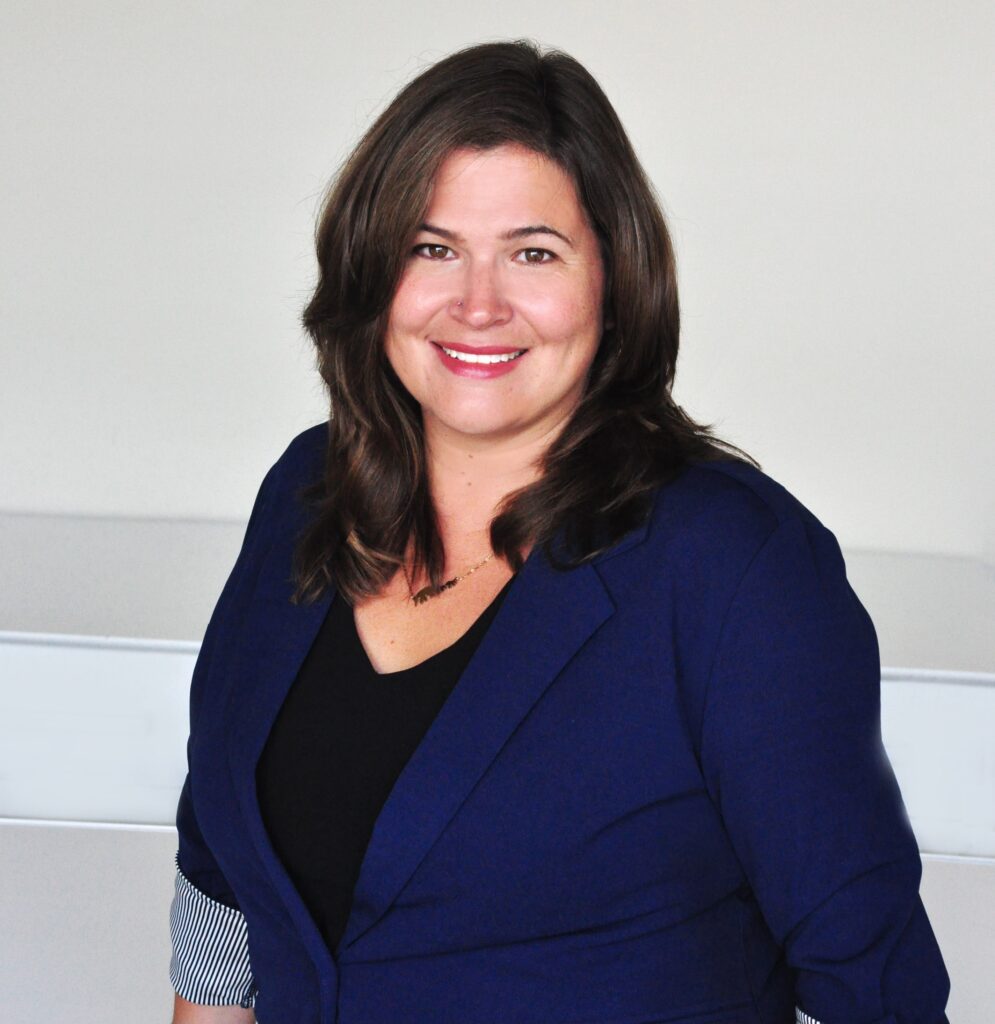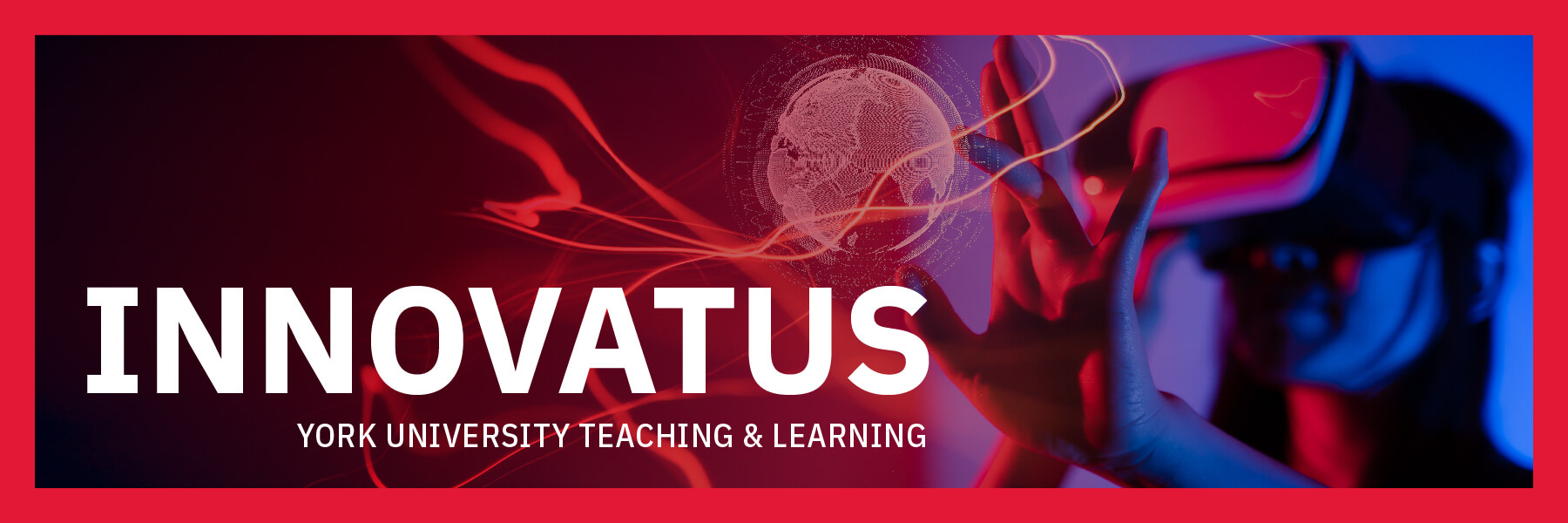Graduate students in physics apply machine learning to predict the dark matter halos for a population of galaxies and to see the glowing cells in a mouse’s brain.
Health equity master of arts students challenge their preconceived notions of allyship as they apprentice themselves to Indigenous and racialized community organizations – harvesting sweet water (maple sap), protesting pipelines and supporting birth workers – as part of their experiential education component of graduate coursework.

A graduate student designer learns to engage with user communities as part of human-centred design, inspired in part by her family’s care for a grandparent with dementia.
Black research professors from across York University provide mentorship and training to Black graduate students, as part of the Faculty of Graduate Studies’ commitment to identifying and dismantling the barriers facing racialized and underrepresented populations in graduate research and education.
The stories in this month’s Innovatus give us a glimpse into the new faces and new pathways of graduate education at York University – exemplifying both our 60-year tradition of engaged, progressive teaching and learning, and our enthusiastic embrace of new frameworks, new methodologies and new challenges, as we look to the future.
York’s Faculty of Graduate Studies (FGS) was established in September 1963 and opened its doors to York’s first graduate cohort of just 11 students one year later, in 1964. This academic year, we celebrate our 60th anniversary and, with it, a remarkable history of meaningful and challenging graduate research and pedagogy.
York was the first university in Canada to offer a PhD in women’s studies and the first to accept doctoral dissertations written in an Indigenous language. Knowledge creation for a better world has always been at the heart of what we do.
We continue to lead both in our commitment to engaged research and in the values at the core of York as a university: excellence, equity, access, sustainability, diversity and decolonization among them. These values guide the research that is conceived and created in collaboration between students and supervisors and – equally – the inclusive approach to graduate education and research that shapes that research, with an emphasis on engagement, collaboration, depth of thought, expanded conceptual horizons and broken boundaries.
As we look forward to the next 60 years of graduate education at York, we face multiple challenges and possibilities, ranging from the need to decolonize how we conceive of intellectual property and authorial autonomy to the rapidly changing technological landscape of artificial intelligence and machine learning. We are adapting to these, as we rise to meet the needs of a changing graduate student population whose devotion to research and professional development is matched by other commitments – to their families, their communities and the world we share. The challenges and possibilities presented are vast and, as we face them, I am encouraged by the incredible innovations and new pedagogies already emerging in graduate studies: in the stories collected in this issue, and in other initiatives, from experiential education, like the Cross-Campus Capstone Classroom for graduate students, to professional development, such as our new Scholarly Skills brown bag workshop series, to best practices in supervisory relationships and pedagogies, as collected by the FGS Supervisory Support Hub.
The task of FGS has always been knowledge creation as a collaborative enterprise. I invite you to read these stories and come join us to see where that enterprise takes us next.
Sincerely,
Alice MacLachlan
Dean, Faculty of Graduate Studies
Faculty, course directors and staff are invited to share their experiences in teaching, learning, internationalization and the student experience through the Innovatus story form, which is available at tl.apps01.yorku.ca/machform/view.php?id=16573.
In this issue:
Graduate physics professor shares machine learning knowledge with academic community
Joel Zylberberg, an associate professor in the Department of Physics at York, is expanding education on machine learning to graduate students in science across the province.
Graduate students see health equity in practice
Experiential education opportunities give graduate students studying health equity an opportunity to learn directly from those experiencing inequity.
Grad course teaches inclusive, human-centred design research
Inclusive, human-centred design methods have a big impact on product design and accessiblity needs, says grad student Rupsha Mutsuddi.
Professors help racialized grad students navigate academy
Roundtable discussions held by the Faculty of Graduate Studies have led to work that reduces isolation and builds community for racialized students.


